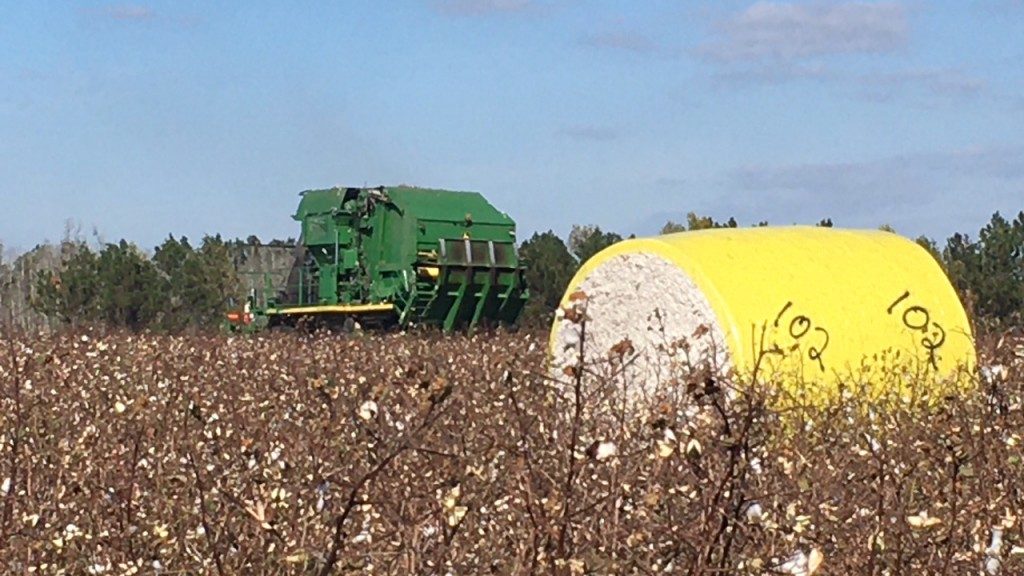Below are a few words from Jake Price, UGA Area Citrus Agent in regards of freeze protection of citrus.
Dear citrus growers,
The upcoming freeze events will be one of the biggest challenges faced so far by Georgia and northern Florida citrus growers. In past years we have experienced one or two nights of temperatures in the lower 20’s or possibly upper teens in some areas. For the most part citrus trees have survived. One thing different about this event will the number or hours below freezing with highs on Saturday and Sunday in the mid 30’s. Our trees have not experienced that duration below freezing and they have not experience 4 nights in a row down to 20 degrees. One good thing is that trees should be more acclimated to cold temperatures since they have we have had cold temperatures leading up until now. There are many factors I have listed below that influence cold-hardiness.
- Type of citrus tree
- Freezing temperature reached
- Duration of the minimal temperature
- How well the plant became hardened or conditioned before freezing temperatures occurred (the tissue freezing point of a hardened citrus plant may be five to six degrees lower than an unhardened plant)
- Wet or Dry Plant (killing temperature is two to four degrees lower for a dry citrus tree so dry trees can withstand lower temperature)
- Wet soil holds more heat so wetting the ground before the freezing event is recommended
- Age of the plant (a young plant cannot withstand as much cold as a more mature tree).
- Rootstock selection. Some rootstocks like trifoliate and trifoliate hybrids go dormant quicker than non trifoliates
- Trees that still have fruit on them are more susceptible to freezes
- Amount of N in tree (don’t fertilize with too much N especially after August)
- Poorly managed and stressed trees due to insects, disease, or nutrient deficiencies are more vulnerable to freezes
- Planting location. High ground on a south facing slope is best
- Trees without windbreaks are more likely to experience freeze damage
The attachment on freeze protection should help guide your freeze protection efforts. Make sure all your microjets are functional before the freeze. One positive about this event is that is may give us incite on what trees will endure and what rootstocks may be best. GOOD LUCK!
